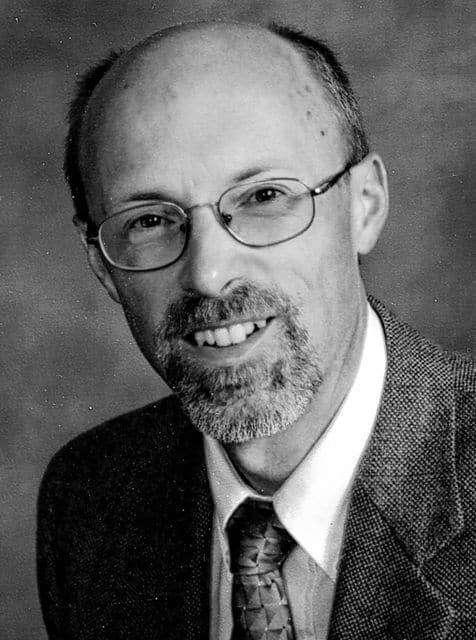

In case you have been on vacation, you may have missed the announcement that Delaware County has been named the second happiest place to live in the United States. Please tell that to the man who cut me off on U.S. 23 this week. He didn’t seem very happy.
Now my step is a little lighter because the third happiest place is Fairfax County, Virginia, where my brother-in-law lives. He and his wife always beat us in everything. Finally, we win! Thank you, Delaware County!
There are many, many days when I wonder why I majored in sociology but, as I read about this study conducted by SmartAsset, I remembered something I learned in a research methods class. Basically, the way a study is designed will shape the outcome of the study. The types of questions one asks will determine the types of responses one receives.
SmartAsset looked at several “metrics,” including family stability, physical health, personal financial health and economic security. As a rule, people who have good health are happier than those who don’t, and people who have jobs are happier than those who have been unable to secure work. Is anybody surprised by that?
The thing the study does not account for is the presence of happiness in the lives of those who do not meet the above criteria. What right does a person have to be happy if she does not enjoy “family stability” or “economic security”?
A group from our church recently returned from a week in Haiti. They visited Project Hope, a home and school for 450 orphaned and vulnerable children ages 4 through 20 years. Project Hope also educates about 1,500 non-resident students whose parents are unable to pay for their schooling. Project Hope was started by a Roman Catholic priest and former Navy chaplain, Father Marc.
In a country with an unemployment rate of 80 percent, looking for hope can be a challenge. And yet the members of our church encountered happiness in the eyes of these children.
At the other end of the age spectrum, I recall a woman in my first congregation whose name was Mae. She had polio as a child, which left her unable to walk without crutches. She was in her 90s when I knew her, and by that time she was unable to walk at all.
As a young person she learned to sew, and she made her living by doing alterations and repairs for the local dry cleaner. It helped pay the bills, but I’m sure it did not provide economic security.
Mae never married. She had a brother who was kind to her, but he lived 1,000 miles away and was too old to travel to visit her. So at Thanksgiving and Christmas, she was without family. She lived in a nursing home where most of the residents were indigent.
Mae was one of the happiest people I have known, and the reasons for that are probably as deep and mysterious as love and faith. When I visited Mae, I came away feeling that she had blessed me, that I had been the recipient of grace.
In Luke 6:20, we read that “Jesus looked up at his disciples and said: Blessed are you who are poor, for yours is the kingdom of God.”
This is a reversal of what we might expect to hear. We might expect to hear, “Blessed are those who have a comfortable lifestyle while working toward their long-term financial goals,” but that’s not what Jesus says. What’s going on here?
Philip Yancey, in his book “The Jesus I Never Knew,” writes: “God’s kingdom turns the tables upside down. The poor, the hungry, the mourners and the oppressed truly are blessed. Not because of their miserable states, of course — Jesus spent much of his life trying to remedy those miseries.
“Rather they are blessed because of an innate advantage they hold over those more comfortable and self-sufficient. People who are rich, successful and beautiful may well go through life relying on their natural gifts. People who lack such advantages just might turn to God in their time of need.”
Having known Mae and having heard about the children in Haiti, I think I am beginning to understand why happiness is found in places we would least expect.

